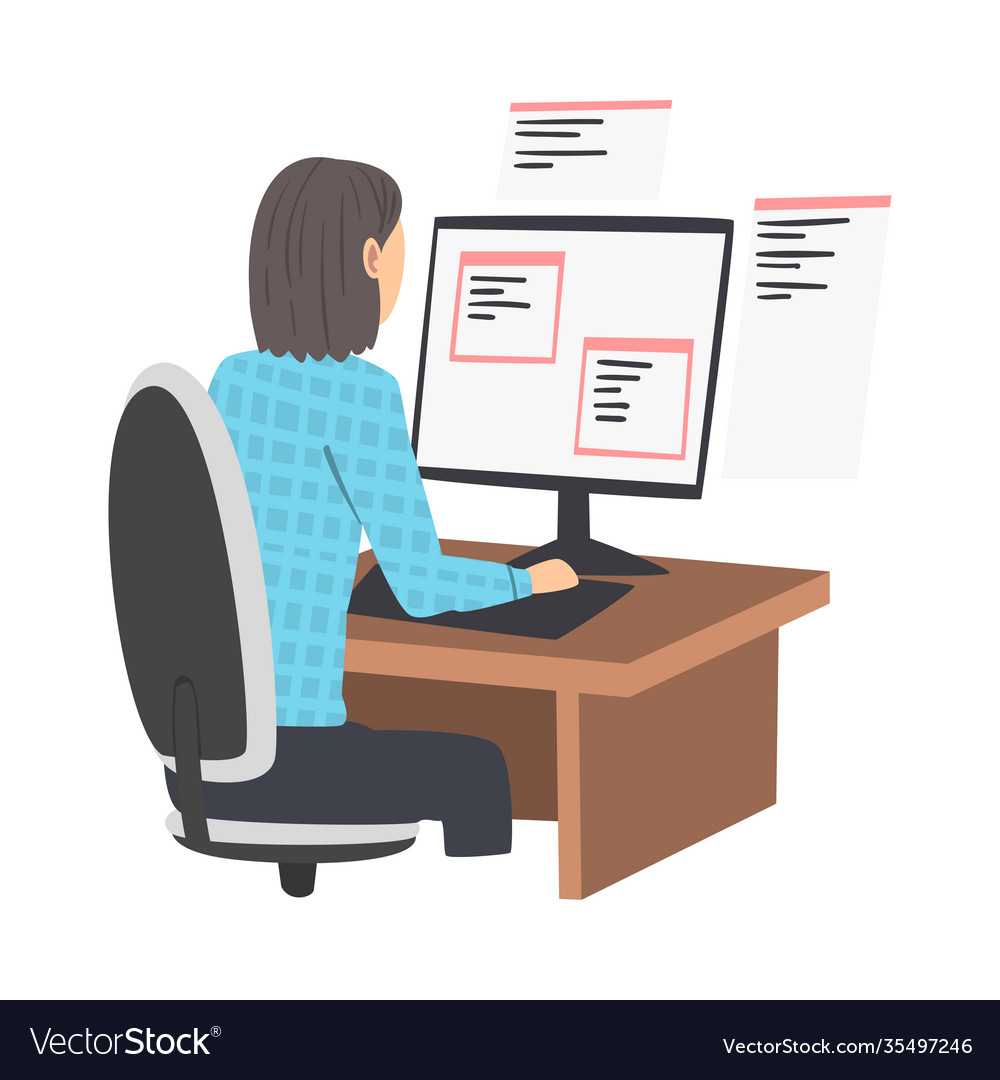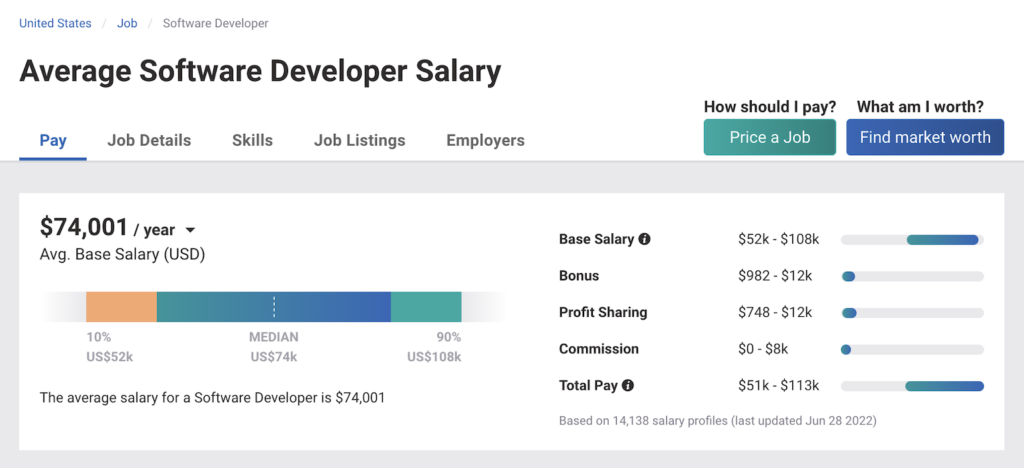Committed Developers vs. In-House Teams: Which Is Right for You?
The decision between utilizing committed designers and preserving an in-house group is a substantial one that can affect the trajectory of your tasks and general business approach. Alternatively, in-house groups add to a cohesive firm culture and a nuanced understanding of lasting goals.
Comprehending Devoted Developers
The growing need for specialized abilities in the tech sector has led to the development of dedicated programmers as a sensible option for many organizations. These experts are usually contracted on a project basis, permitting business to utilize certain expertise without the long-lasting dedication connected with permanent hires. Committed designers are frequently embedded within a customer's team, providing adaptability and scalability to fulfill task requirements.
This model enables companies to access a global ability pool, which is especially useful in a swiftly evolving technological landscape. Committed designers can be sourced from different geographical areas, making sure that companies can discover the ideal ability at affordable prices. They frequently bring a wide range of experience and knowledge, having worked with varied tasks across various industries.
In addition, dedicated programmers can focus solely on the tasks at hand, improving efficiency and effectiveness. They are equipped to integrate effortlessly into existing process, working together very closely with internal teams to achieve task objectives. This approach not just reduces the problem of employment and training yet additionally allows companies to continue to be dexterous, adapting rapidly to changing market needs and technical innovations.
Benefits of In-House Teams

In addition, in-house groups tend to have a deeper understanding of the firm's objective, worths, and objectives. This alignment can boost employee interaction and inspiration, as staff member really feel a lot more linked to their work and the organization's success. In addition, having a devoted internal team enables far better alignment of objectives and methods, as these participants are consistently concentrated on the firm's priorities.
In-house groups additionally assist in quicker decision-making processes, as they can react extra swiftly to changes and obstacles. The established connections and knowledge with firm protocols enable structured operations and reduced miscommunication. Eventually, the mix of a natural society, placement with organizational goals, and effective interaction makes internal groups a valuable asset for numerous companies, specifically those aiming to grow lasting development and innovation.
Cost Considerations
When evaluating expense factors to consider, both specialized programmers and in-house groups present distinct economic ramifications for organizations. Engaging devoted programmers commonly includes a pay-per-project or hourly rate version, which can be cost-effective for businesses with rising and fall project needs. mvp app development This technique enables versatility in scaling resources up or down, making certain that firms just spend for the services they require.
In contrast, internal teams entail fixed prices, including incomes, benefits, and overhead expenditures such as office space and equipment. While this version provides better control and instant schedule of resources, it might cause higher lasting costs, particularly if the work does not validate a full-time staff.
In addition, companies need to think about the hidden expenses related to employment and training of internal employees, which can additionally stress budget plans. In many cases, the time and sources invested in handling an in-house team can detract from the organization's core business purposes.

Project Management and Flexibility
Project management and adaptability are vital elements that influence the option between in-house groups and devoted programmers. Devoted groups typically have established procedures for managing projects properly, leveraging particular techniques like Agile or Scrum, which assist in iterative development and flexibility.

Ultimately, the selection in between in-house groups and devoted programmers depends upon the desired degree of versatility and the particular job management requirements. Firms need to assess their operational characteristics, job complexity, and source accessibility to figure out which alternative lines up ideal with their critical goals.
Making the Right Choice
Picking the appropriate development approach-- devoted developers or internal groups-- needs a cautious evaluation of different aspects that line up with a company's strategic goals. Conversely, internal teams can provide better continuity and integration with existing employees.
Next, review your spending plan. Committed developers often provide an affordable remedy for short-term jobs, while internal teams might sustain greater long-lasting expenses as a result of wages, advantages, and expenses expenses. Analyze the degree of control and collaboration wanted; in-house teams commonly foster stronger communication and placement with firm culture.
If instant outcomes are necessary, devoted developers can be onboarded quickly, whereas developing an in-house team takes time for employment and training. If continuous growth is vital, investing in an in-house team might produce much better returns over time.
Conclusion
To conclude, the decision between internal groups and committed programmers pivots on task requirements and business purposes. Dedicated designers offer adaptability and customized proficiency, making them appropriate for temporary campaigns. On the other hand, in-house groups grow a natural society and much deeper placement with long-lasting goals. Cautious assessment of budget plan constraints, project timelines, and preferred control degrees is important for figuring out the most suitable technique, making sure alignment with tactical concerns and functional performance.
The decision between using dedicated designers and keeping an internal group is a considerable one that can impact the trajectory of your tasks and overall service technique.Job monitoring and versatility are critical variables that influence the option between in-house groups and committed developers. nearshore software development.In comparison, internal teams may succeed in preserving a regular task administration framework due to their knowledge with the organization's culture and long-lasting objectives. Dedicated programmers often offer an affordable remedy for short-term projects, while internal groups may sustain higher lasting expenditures due to salaries, advantages, and expenses costs.In final thought, the choice in between specialized designers and internal groups hinges on task requirements and business goals